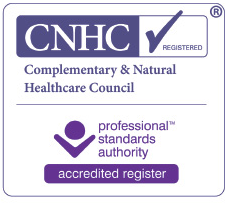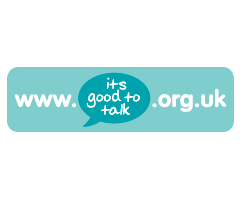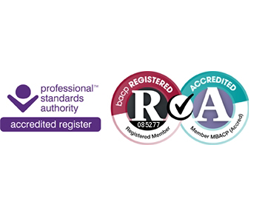 16th June 2015
16th June 2015
The therapist’s couch has long been a staple of books and movies, a place where truths are revealed and neuroses untangled. But, almost unnoticed, the delivery of psychological support is being transformed – by the internet.
Although I am a firm believer in the benefits of ‘the talking therapies’ I know that, for reasons of shyness or because of geographical restrictions or disability that means access is restricted and so is choice, or just sheer prejudice against what is seen as a weakness, many people will not avail themselves of the chance to talk with a qualified therapist, when they really would benefit from that calm outsider’s perspective.
For that reason I want to tell you about a new(ish) service called Mootu (deriving from the word mutuality) If you click on the website mootu.com which enables you to talk to a t registered therapists you choose yourself, on Skype.
It’s endorsed by the British Association of Counselling and Psychotherapy and sounds an excellent idea.
But does internet therapy – or “Skypotherapy”, as it has been termed – work? Surely there is something special about the intimacy of the consulting room? I have recently started using it and I have been surprised how on Skype clients instantly appear more relaxed and appear to speak more openly and frankly with me, was this a consequence of them being in the comfort of their own homes, or perhaps not being in the same room was less intimidating?
Something that was quite disconcerting was trying to make eye contact; the positioning of the cameras meant that for both of us, looking directly at the other’s face on the screen would mean that eye contact was not being made. I would sometimes try to compensate for this by looking directly into the camera but this felt false and I would not be able to tell whether they was returning my eye contact. However, by discussing these difficulties and the nuances of Skype, this did not appear to hinder our sessions.
Silences and active listening suddenly became a new experience to negotiate. Any prolonged pauses would cause me to worry that the connection had been lost, and clearly this was also the client’s concern as we would both on occasion say, ‘Are you still there?’ Similarly, I also found myself nodding in an exaggerated manner and making louder and more frequent listening noises to convey to them that I was still connected, both technically and mentally.
Many clients find video therapy preferable to face-to-face treatment because they feel safe and in control at home.
Others are given a wider choice of professionals than they would otherwise get in remoter areas of the U.K.
Disabled clients do not have the worry that often accompanies negotiating travel arrangements.
Mental health problems are on the rise and some of the statistics are disturbing.
Almost half of all working women (44 per cent) take time off in their career due to mental health problems while 13-16 per cent of older people in England have severe depression and a third of all mental health service activity is concerned with treatment of people aged 65 plus. Demand for counselling is rising. Between June 2011 and June 2012, the charity MIND saw an unprecedented surge in calls.
I welcome Mootu as another lifeline for those in need.
<< Back






